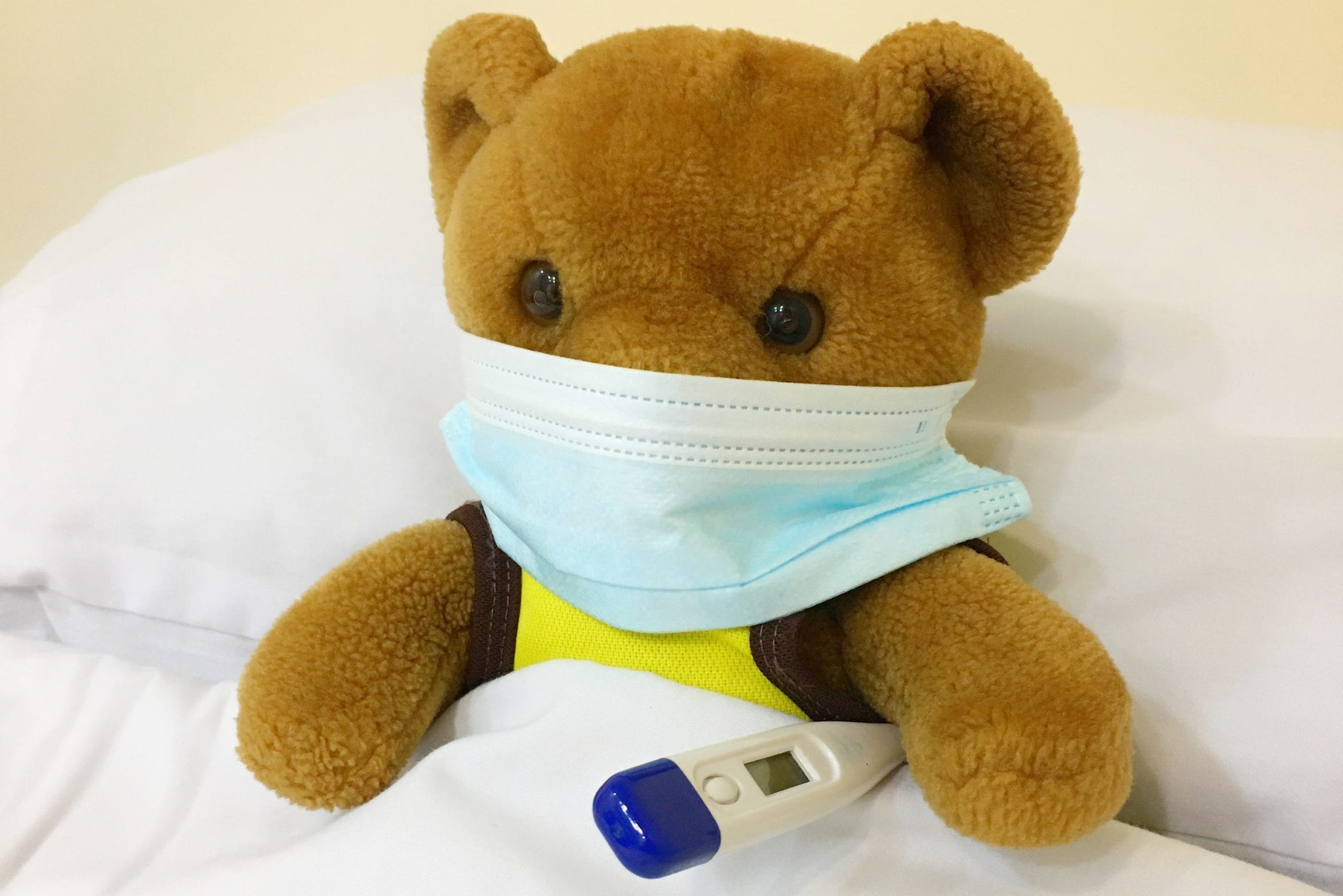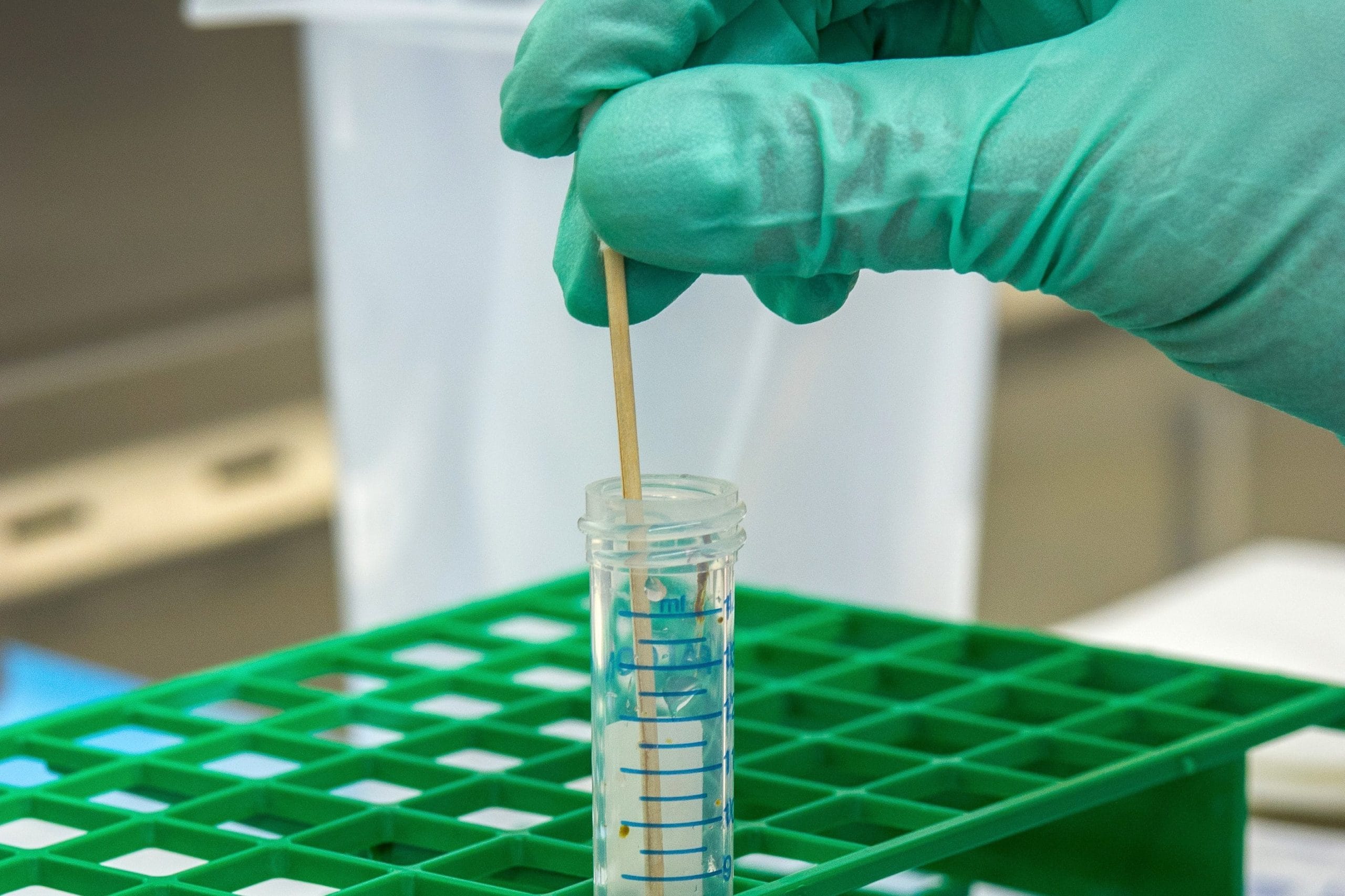The effects of smoking on the human body
- Smokers and vapers can be exposed to more severe forms of COVID-19.
COVID-19 affects the lungs, and exposure that impairs lung function puts people at even greater risk.
The harmful effects of smoking on the lungs are a well-documented fact.
There is evidence that smoking electronic cigarettes (vaping) can also harm the lungs. - There is growing concern among leading organizations and public health experts that smokers face an increased risk of severe COVID-19.
Vaping affects the immune system and can harm the lungs, so e-cigarette users may also face an increased risk.
We encourage all smokers and e-cigarette users to quit to protect their health – especially. - There are rumors circulating in some countries that smoking or vaping protects tobacco users from COVID-19.
This is unproven.
Tobacco kills over 8 million people every year, and its harmful effects are scientifically proven.

Smoking harms the lungs.
Smoking harms the lungs and badly affects their function.
- Smokers’ lungs produce more mucus, and it is thicker than in nonsmokers. This mucus is poorly excreted, and the lungs become prone to developing infections.
- Smoking also negatively affects cilia, the small, hair-like protrusions on the surfaces of airway cells that protect the lungs by helping to scavenge dirt and other particles.
Eventually they are destroyed. - Exposure to cigarette smoke causes inflammation of the airways. The inflammation and scar tissue that form damage the membranes through which oxygen enters the bloodstream.
Smoking causes lung cancer, chronic obstructive pulmonary disease (COPD), asthma, and other respiratory diseases
- Lung diseases caused by smoking are common among smokers and non-smokers who are exposed to tobacco smoke.
- Lung diseases caused by smoking are among the pathological conditions that people who have them are at greater risk for a severe course of COVID-19.

Smoking impairs immunity
Smoking damages the immune system and therefore impairs the body’s ability to fight infection.
This happens in two ways.
- Chemicals in tobacco smoke inhibit the activity of different immune cells that take part in the generalized and specific immune response.
- Components of tobacco smoke also over-activate immune cells, which are enlisted to fight off inhaled toxins and their effects.
Over time, this pro-inflammatory effect can lead to damage to various tissues in the body and several chronic diseases, including various autoimmune diseases, cardiovascular disease, cancer, diabetes, and chronic obstructive pulmonary disease (COPD).
Smoking increases susceptibility to respiratory infections.
There is firm evidence that people who smoke are at higher risk of viral and bacterial respiratory infections:
- Risk of developing pneumococcal diseases such as pneumonia and meningitis in smokers is two to four times higher than in nonsmokers.
- Smokers are twice as likely to get the flu as non-smokers.
- Risk of contracting tuberculosis is twice as high for smokers.
Considering the negative effects of smoking on the immune system and the increased
Given the negative effects of smoking on the immune system and the increased susceptibility of smokers to other respiratory infections, it is likely that smoking is associated with an increased risk of contracting a new type of coronavirus.
The World Health Organization emphasizes that smoking involves repetitive hand-to-face movements, which increases the risk of transmission from fingers and cigarettes to the mouth.
Similarly, many have raised concerns about hookah smoking, in which a group of individuals often share a mouthpiece, which may contribute to the spread of the new type of coronavirus.

Smoking increases the risk of non-communicable
non-communicable diseases (NCDs)
Smoking causes cancer, COPD, and other lung diseases, as well as cardiovascular disease and diabetes.
- The presence of respiratory and cardiovascular disease increases the risk of severe disease in patients infected with other known coronaviruses, including viruses that cause Middle East respiratory syndrome (MERS) and severe acute respiratory syndrome (SARS).
- The World Health Organization reported that people with NCDs are likely to be more likely to develop severe forms of COVID-19.
According to the WHO, available scientific evidence shows that smokers are at greater risk of developing severe forms of COVID-19 and dying from the disease.
WHO
One of the largest early studies of the link between smoking and COVID-19 examined outcomes in 1,099 patients with laboratory-confirmed COVID-19 infection from 552 hospitals located in China. This study reported that of the patients who smoked at the time, 12.4% died, were admitted to the ICU, or required ventilatory support, compared with 4.7% of the nonsmoking patients. Similarly, 21.2% of smokers had severe disease compared to 14.5% of nonsmokers).

Effects of vaping
Early studies of the effects of smoking e-cigarettes showed their harmful effects on the lungs, as well as on the immune and cardiovascular systems.
These studies, along with new evidence that patients with compromised respiratory, immune, or cardiovascular systems are at greater risk of developing severe forms of COVID-19, have led health authorities and other organizations to warn people against using e-cigarettes, particularly during the pandemic of the coronavirus
- Lungs: exposure to e-cigarette aerosol can negatively affect various types of lung tissue cells, including those involved in maintaining the normal function of healthy lungs.16
- Immune Response: The aerosol in e-cigarettes also negatively affects certain types of immune cells in the lungs and can destroy them, reducing the ability of the lungs to fight infection.
In addition, nicotine, the most important Smoking is a leading risk factor for non-communicable diseases (NCDs) component of e-cigarette aerosol, suppresses immune system function in general. - Cardiovascular System: E-cigarette consumption can have short-term effects as reduced cardiovascular function, which controls blood flow in the body.
It is too early to draw conclusions about the long-term effects of e-cigarette smoking, but we usually see this dysfunction in the early stages of cardiovascular disease.
We urge smokers and e-cigarette users to make every effort to quit smoking.
- There could hardly be a better time to quit smoking regular or electronic cigarettes than today, when all countries are working to limit the spread of the coronavirus.
- To protect your health and reduce your risk of developing severe forms of COVID-19, we strongly recommend that everyone who consumes regular or e-cigarettes quit smoking.
Studies have shown that quitting smoking quickly improves lung function

Quitting smoking quickly improves lung function.
Quitting smoking improves lung function, cardiovascular function, and immune response, giving you a better chance to fight serious infections, such as COVID-19.
- Within two weeks of stopping smoking, lung function improves.
The cilia in the airways, which protect the lungs, grow back and return to a normal level of activity, making it easier to fight infection.
Many smokers begin to notice a decrease in respiratory symptoms such as coughing and shortness of breath within one month of quitting. - After quitting smoking, immune inflammation caused by smoking decreases, blood white blood cell counts normalize, and immune system function improves.
The incidence of respiratory infections, including pneumonia and bronchitis, is significantly lower among those who quit smoking than among current smokers. - Quitting smoking reduces blood pressure and heart rate almost immediately.
Twenty-four hours after quitting smoking, your risk of heart disease begins to decline.
Now is the best time to quit smoking. According to Tedros Adanom Gebreissus, CEO of the World Health Organization, “Quitting tobacco is one of the best things anyone can do for their health.” 23
World Health Organization

Quit Smoking in 10 Days.
Smoking cessation companies keep selling us the “magic formulas” to quit smoking for hundreds, and sometimes thousands, of dollars for a session.
They give us gums, pills, patches, and some other “magic quick fix”, then they promise a 98% quit rate.
Unfortunately, this is not even close to being the truth.
Look at the stats:
According to a 2015 survey of the FDA, about 55% of adult smokers in the United States had attempted to quit in the past year, and only 7% were successful in quitting for 6-12 months.
Many smokers wouldn’t even succeed at quitting smoking, and among the ones who would, the majority would relapse.
Though quitting smoking is not a simple process, it’s very possible.
If you avoid the 3 common mistakes, quitting smoking could be a very simple process.
MISTAKE 1
Replacing the cigarettes with another unsupportive habit.
Often, smokers will try to quit smoking by filling that void inside themselves with other things, such as electronic cigarettes and food.
This is also the reason many people gain weight after they quit smoking.
It wasn’t the cigarettes that kept them slim, they just simply replaced one habit with another.
Break the habit in order to succeed, especially in the long run.
MISTAKE 2
Gradually reducing the number of cigarettes every day.
It might work with other struggles in life, such as getting over anxiety, but it just doesn’t work with smoking cessation.
The reason is that the cigarette becomes even more special when you know you can’t have it until a certain time.
To quit smoking, quit at once while knowing there is no way back.
MISTAKE 3
Using nicotine replacement to “ease” the process
According to some “experts”, use nicotine patches, gums, and many other “magic potions” to help you get over the withdrawal symptoms and the physical need of your body for nicotine.
While it helps you skip cigarettes at first, it doesn’t let your body wash the nicotine away.
Instead, you keep supplying nicotine to your body without smoking, and eventually, you’ll relapse.
The solution for these 3 common mistakes:
NicoDerm
If you want to stop funding the smoking cessation companies and follow a guaranteed-to-work program, then you’ll love the NicoDerm.
Over the past few years, I’ve brought together smoking cessation and health experts to develop the most efficient, cost-effective, and–suits anyone who wants to quit smoking for life.
It’s not another CD, hypnosis session, or a book that promises to change your life with some unrealistic numbers.
It is a complete program that we created to ensure you can enjoy a smoke-free and healthy way of living for the rest of your life.
We’ve done everything possible to create the most effective program that suits anyone who wants to quit smoking.
Here is the best part: you’ll get it for a small fraction of the price you would normally pay.
Usually, taking a smoking cessation program could cost between $200 and up to $1000 and more.
And after spending all that money, you’ll likely end up relapsing, eventually.
After trying so many ways, you will end up being devastated and will start telling yourself that you can never quit smoking.
I know how it feels because I’ve been there myself.
I know how frustrating it is to spend all that money and time, only to keep on smoking.
I don’t want you to go through what I’ve been through, and that’s why I came up with this program.
My goal is to help as many people as possible quit smoking and change their lives for good. Just like I did.
That’s why I don’t offer this program for $1000.
If you act today, you’ll get instant access for a small fraction of that price.
NOW CLICK THE BUTTON BELOW AND MAKE YOUR
FIRST STEP TOWARDS THE SMOKE-FREE LIFE YOU DESERVE



